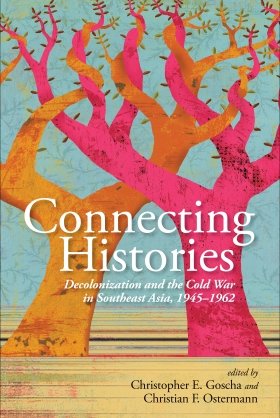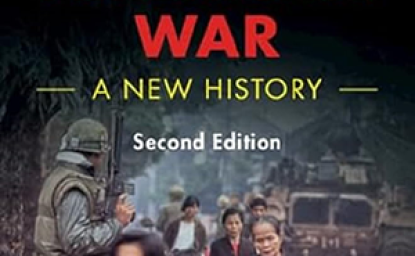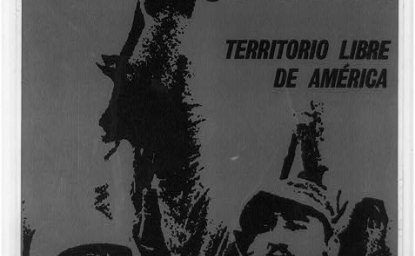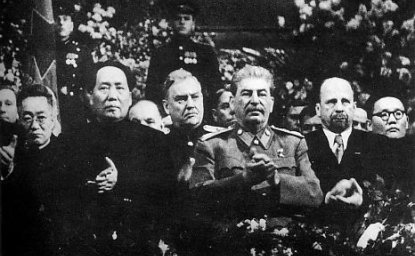Connecting Histories: Decolonization and the Cold War in Southeast Asia, 1945–1962


-
Connecting Histories: Decolonization and the Cold War in Southeast Asia, 1945–1962 draws on newly available archival documentation from both Western and Asian countries to explore decolonization, the Cold War, and the establishment of a new international order in post-World War II Southeast Asia. Major historical forces intersected here—of power, politics, economics, and culture on trajectories East to West, North to South, across the South itself, and along less defined tracks. Especially important democratic-communist competitions sought the loyalties of Southeast Asian nationalists, even as some colonial powers sought to resume their prewar dominance. These intersections are the focus of the contributions to this book, which use new sources and approaches to examine some of the most important historical trajectories of the 20th century in Burma, Vietnam, Malaysia, and a number of other countries.
Christopher E. Goscha is Associate Professor of History at the University of Québec at Montreal. Christian Ostermann directs the Woodrow Wilson Center's History and Public Policy Program. Contributors come from Canada, France, Malaysia, Russia, the Philippines, Singapore, the United States, and the United Kingdom.
Editors
 Christopher E. GoschaProfessor of History, Université du Québec à Montréal
Christopher E. GoschaProfessor of History, Université du Québec à Montréal Christian F. OstermannDirector, History and Public Policy Program; Cold War International History Project; North Korea Documentation Project; Nuclear Proliferation International History Project;Schedule interview
Christian F. OstermannDirector, History and Public Policy Program; Cold War International History Project; North Korea Documentation Project; Nuclear Proliferation International History Project;Schedule interview
Woodrow Wilson CenterCold War International History Project
The Cold War International History Project supports the full and prompt release of historical materials by governments on all sides of the Cold War. Read more
Browse Insights & AnalysisExplore More
Browse Insights & Analysis



